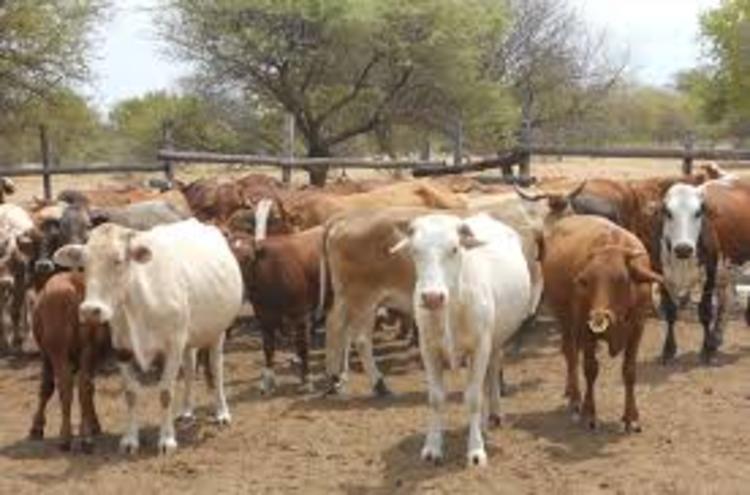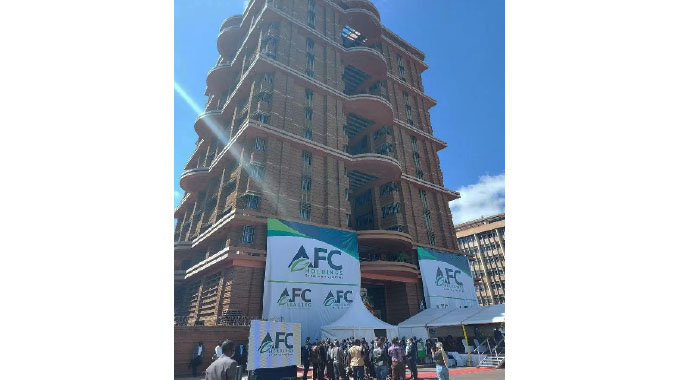FAO, partners move to restore Mat South’s degraded rangelands

Monalisa Chikwengo
EFFORTS to boost the performance of the livestock sector in line with the country’s livestock recovery programmes continue to gain traction with the Food and Agriculture Organisation (FAO) in partnership with the Enhanced Resilience for Vulnerable Households in Zimbabwe (ERVHIZ) project hosting a two-day symposium in Bulawayo to address challenges of rangeland degradation and explore ways of revitalising them.
Most rangelands in the province had in recent years been ruined by bush encroachments that left very little grazing space after suffocating grasses. Work to restore the rangelands is currently underway in Matabeleland South’s Mangwe, Bulilima, Insiza, Gwanda, Beitbridge and Matobo districts.
Rangelands play a crucial role in supporting the livelihoods of pastoral communities, providing grazing land for livestock and a source of income from meat and dairy production.
Matabeleland South permanent secretary for Provincial Affairs and Devolution, Mrs Latiso Dhlamini-Maseko said rangelands management was critical in achieving an improved animal nutrition (feed, pastures, fodder and water) status of communities.
“By restoring degraded rangelands, we can increase their productivity and resilience, improve the livelihoods of pastoral communities, safeguard biodiversity and reduce the risk of land degradation and desertification,” Mrs Dhlamini-Maseko observed during the symposium.
Livestock production, in all its forms is an integral part of the lives of the majority of the Matabeleland South population.
“As the communal grazing areas are managed by a complex governance system with multiple socioeconomic, political and environmental interests, this interaction will seek to create a platform for active engagement, sharing of lessons and harmonise interventions that speak to the national development strategy 1 (NDS1), which promotes sustainable environmental management,” she said.
The symposium provided a valuable platform for stakeholders to collaborate and develop strategies to restore degraded rangelands, promote sustainable livelihoods, and conserve biodiversity.
International resilience specialist with FAO Zimbabwe, Mr Alexander Carr said climate change had contributed to the degradation of rangelands, resulting in reduced productivity and loss of biodiversity.
“Changes in temperature and precipitation patterns have altered the distribution and abundance of plant and animal species, leading to changes in ecosystem dynamics. As a result, rangeland productivity has declined, leading to reduced carrying capacity for livestock and lower yields of meat and dairy products,” he said.
Mr Carr explained the effective strategies for rangeland restoration, which involve a multi-faceted approach that includes the use of innovative technologies, practices and policies that promote sustainable rangeland management.
“This may include practices such as rotational grazing, improved water management as well as the use of alternative sources of livelihoods to reduce pressure on rangeland resources,” he said.
Government can help to create an enabling environment for sustainable rangeland management and ensure that policies and regulations are in place to support rangeland conservation.










Comments